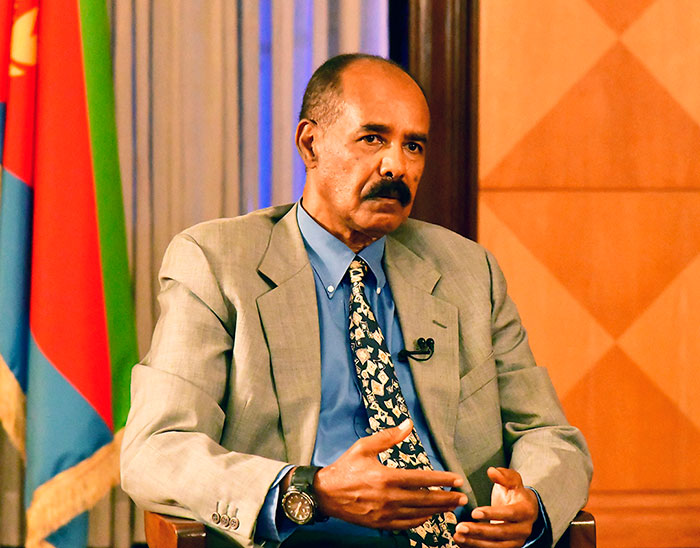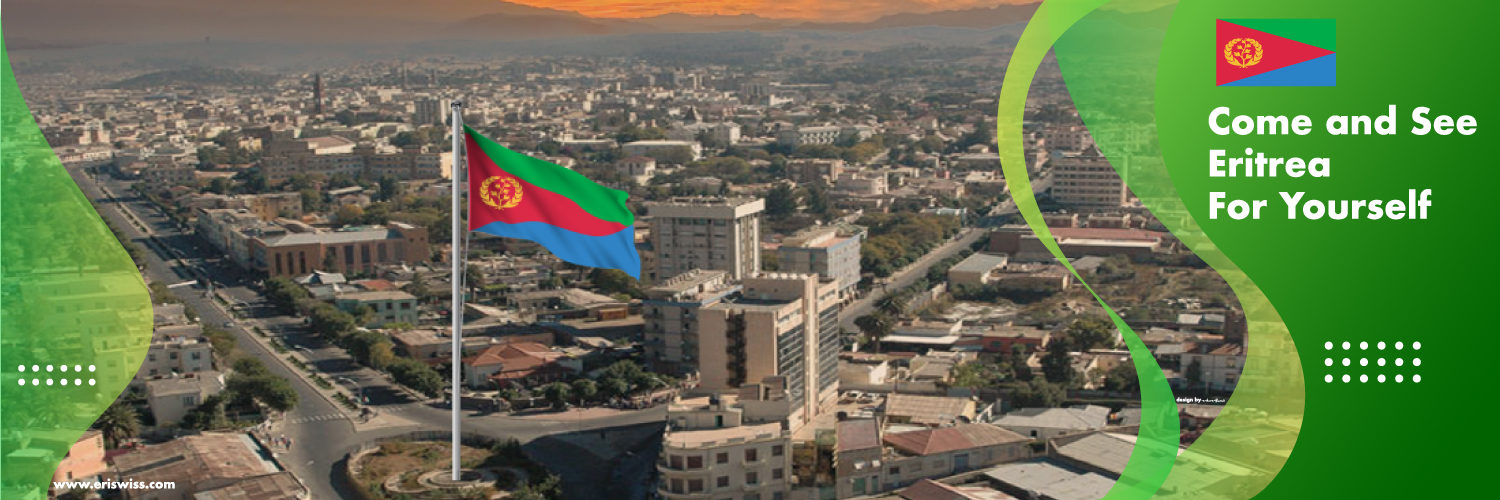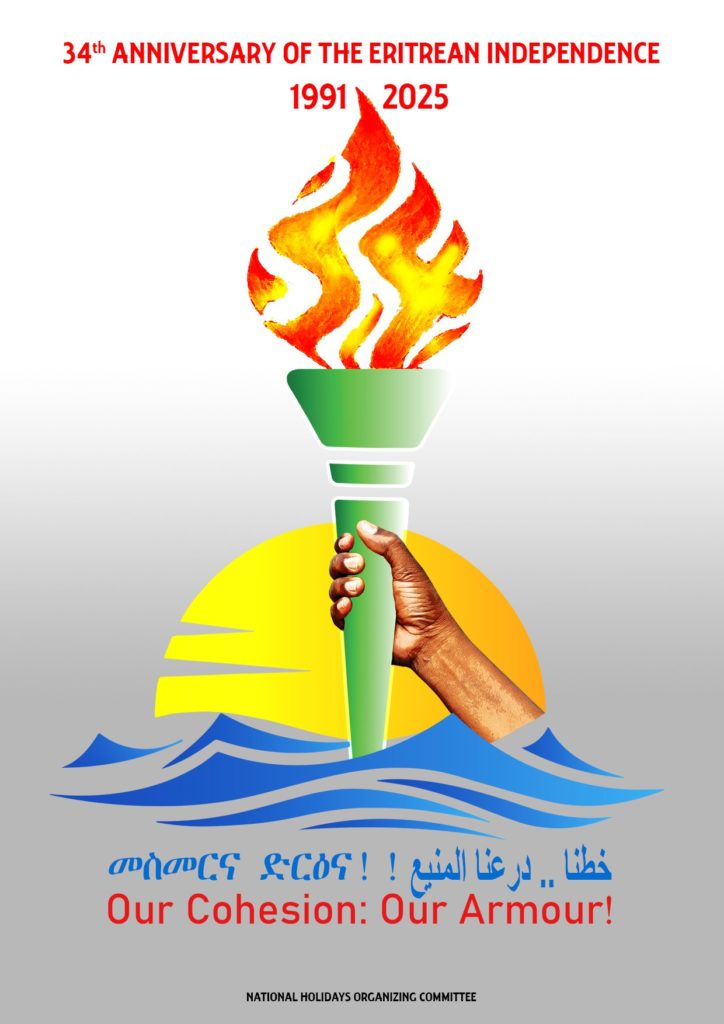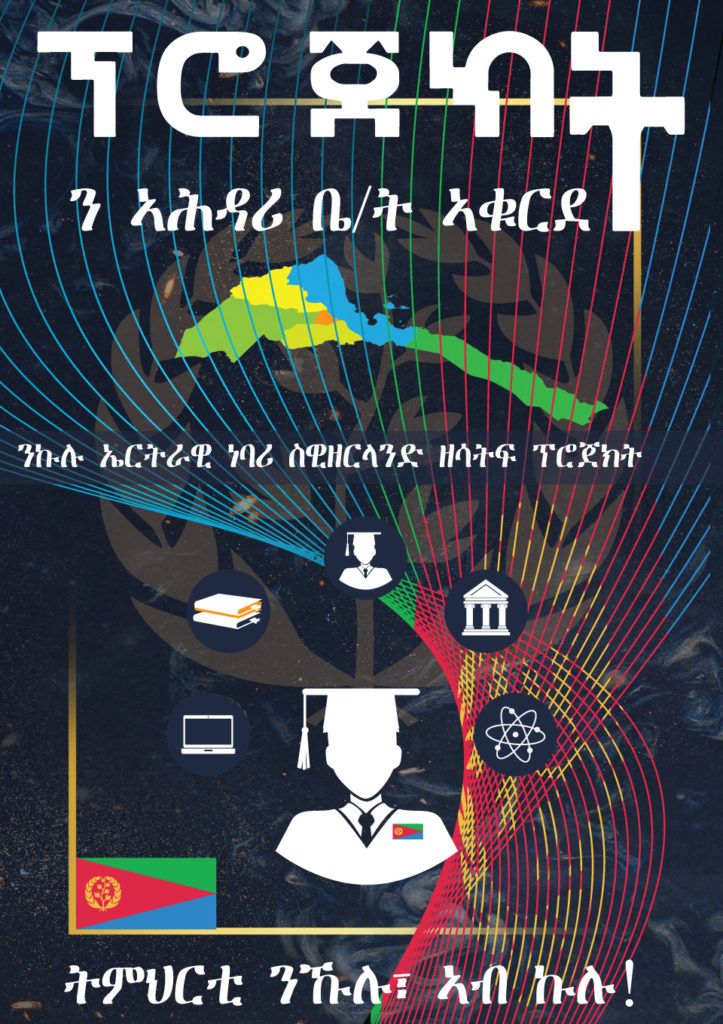President Isaias on the Tragic Conflict in the Sudan : Interview (Highlights)
Highlights:
 o The President stressed the imperative and urgency of bringing to an immediate end the tragic and deplorable conflict that is raging in the Sudan.
o The President stressed the imperative and urgency of bringing to an immediate end the tragic and deplorable conflict that is raging in the Sudan.- o President Isaias delved into a brief summary of the three political phases & trajectories that Sudan underwent since its independence in 1956 as a backdrop of, and to contextualize, the current realities.
- o While Sudan’s political culture and developmental track record was highly advanced in comparative continental terms in the first two phases until 1989, the advent of the NIF regime in 1989 and its global agenda of Political Islam precipitated a distortion in Sudan’s domestic developmental trajectory. Sudan also became a hub or epicenter of regional destabilization on account of this toxic policy.
- o The spontaneous and extensive popular movement in 2019, which was broadly supported by the Army, occurred against the backdrop of and to rectify the, political/developmental distortion that ensued in thirty years of MIF misrule.
- o In the event, the over-arching task consisted of mapping out a transitional phase – led by the Army or Sovereign Council – to catalyze a new political dispensation in the Sudan whose primary and ultimate objective would be the creation of a constitutional government and sovereign institutions elected and endorsed by the entire Sudanese people so as to embark on the path of prosperity and development. This is primarily and fundamentally the solemn task of the Sudanese people themselves.
- o Within the overall context and aspirations of regional integration, Eritrea, like other countries in the region, has pursued a policy of active engagement and periodic consultations with Sudanese parties, and particularly with the Sovereign Council, since 2019. For Eritrea, its discreet proposal was not prompted by a desire to join the bandwagon of proliferating initiatives and/or to float shallow templates that are alien to the objective realities and political trajectories of the Sudan.
- o In this context, Eritrea believes that the purported controversy that has triggered the current conflict to reverse the transition process must be rectified. This is not the time for Sudanese political forces to claim sole ownership of the reform process. This is not the time for political squabbles or power struggle. There cannot, also, be any controversy or lack of consensus on the need for a unitary Defense and Security organs in the Sudan. But bearing the NIF legacy that created this reality, the dynamics and process must be worked out soberly.
- o The task of rectifying these costly distortions falls on the Sudanese people. Sudan’s neighbours, individually and through IGAD, can facilitate an Enabling environment for the people of the Sudan in their efforts to crystallize the new political dispensation that they desire. Other partners who have the goodwill can support IGAD’s efforts and shortcoming when necessary.
- o Sensationalized reporting that focuses on the symptoms and consequences rather than the root causes and ultimate solutions; the unconscionable acts of Conflict Entrepreneurs and Undertakers is compounding and exacerbating the prevailing situation.
- o Eritrea has open borders and will continue to receive, without fanfare, Eritrean and Sudanese civilians, as well as others, affected by the current conflict and share with them whatever it has. (President Isaias also spoke in Arabic to stress the solidarity of Eritrea with, and convey a message to, the people of the Sudan who had offered sanctuary to Eritreans as full citizens during the dark decades of the liberation struggle).


